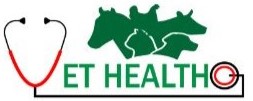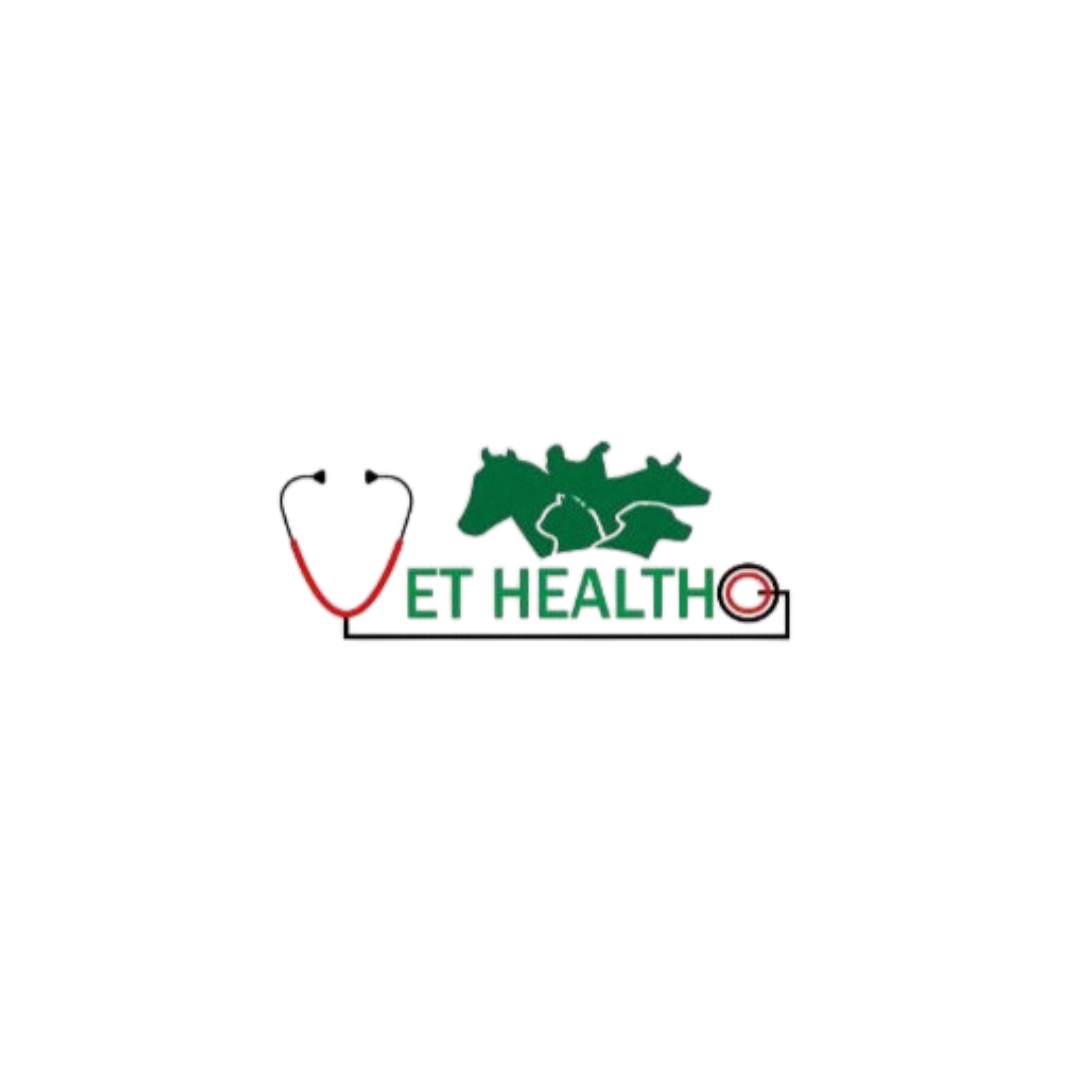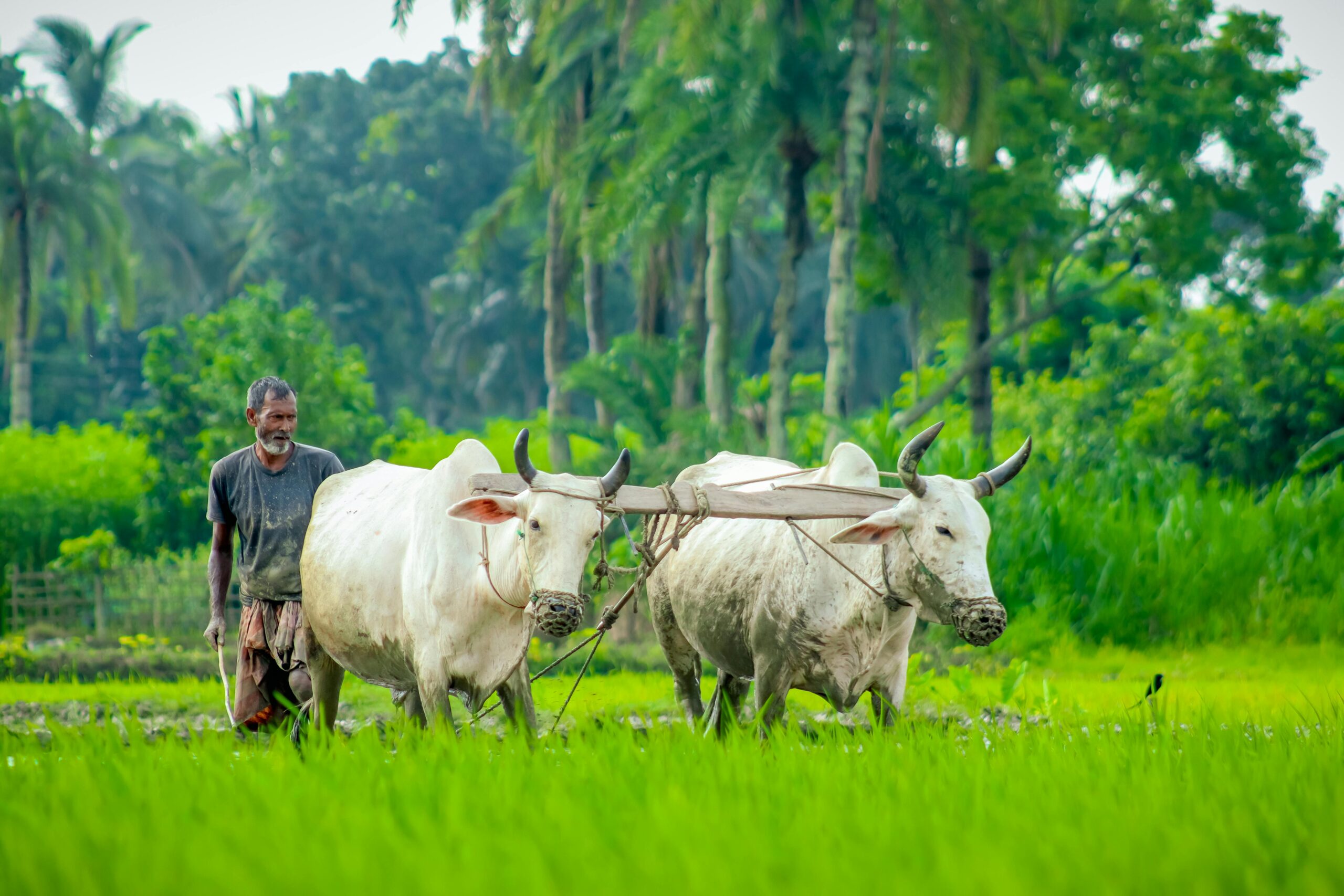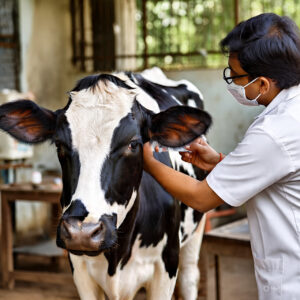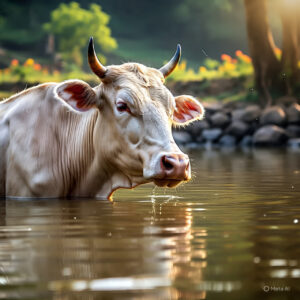The role of cows in rural economy is immense and multifaceted. Beyond providing milk, cows contribute to farming through organic fertilizers and biofuels, making them indispensable to rural households and agriculture
Cows have been an essential part of rural life for centuries, contributing significantly to the economy and ecology of farming communities. Their dairy products such as milk, butter, and ghee form a critical source of nutrition and income for many rural families. The revenue generated from selling dairy products helps farmers sustain their livelihoods and invest in better farming practices.
Besides milk, cow dung serves as an eco-friendly fertilizer that enriches the soil, enhancing crop yields without the harmful effects of chemical fertilizers. Farmers also use cow dung to make biogas, a renewable energy source that helps reduce dependence on fossil fuels and firewood, aiding in environmental conservation.
Moreover, the by-products of cows, including urine, are used in traditional pest control methods, contributing to organic farming practices. These natural methods help maintain soil health and biodiversity, making farming sustainable in the long run.
Cows also provide employment opportunities, from dairy farming to fodder production and milk distribution. In many rural areas, cows are considered an asset that represents economic stability and social status.
In summary, the role of cows in rural economy goes beyond simple dairy farming; they are central to sustainable agriculture, environmental protection, and rural development.
